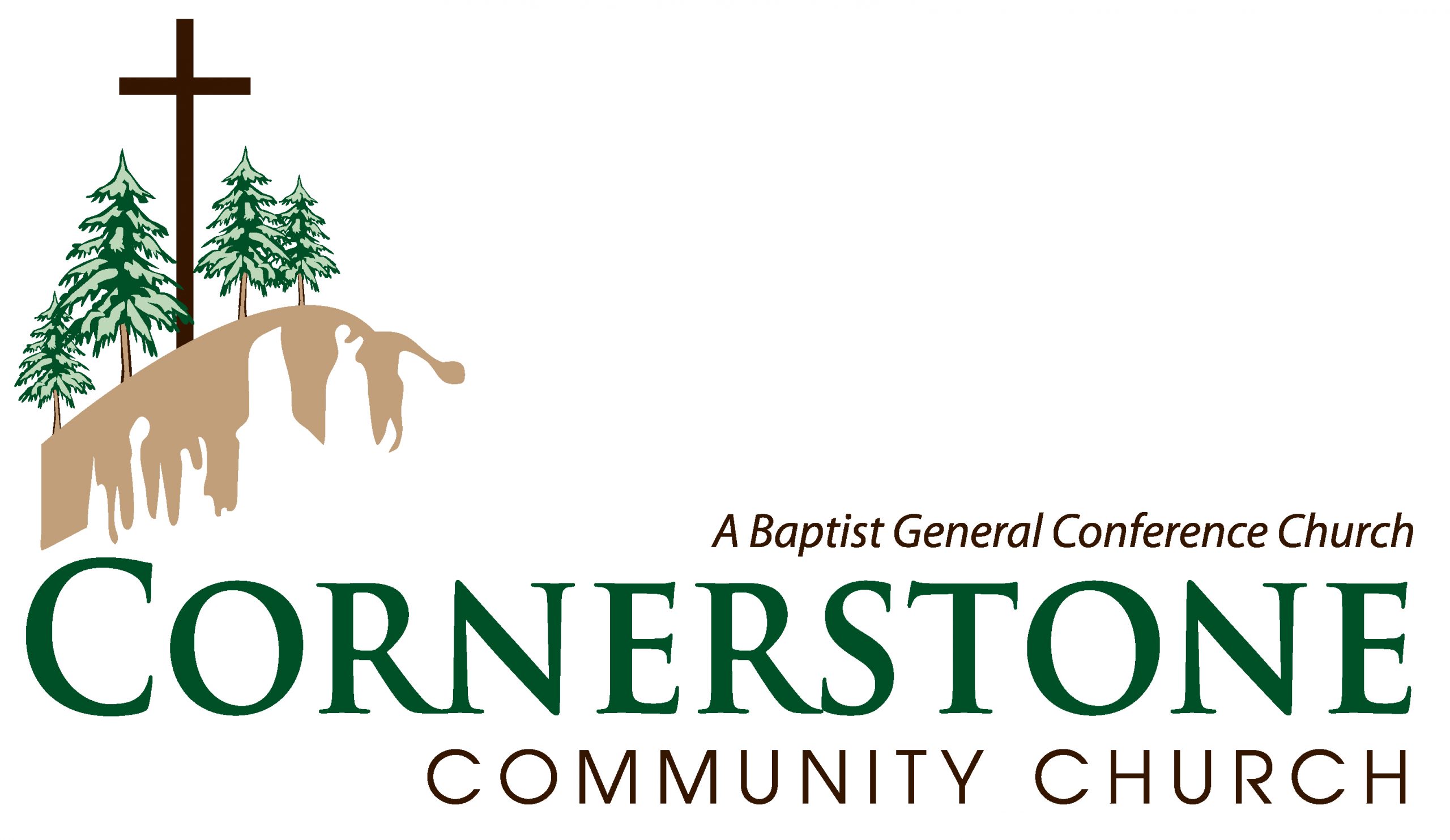Empowered by the Spirit
I think, were we better students of church history, that we would be amazed at how often past history blooms in present experience. I was reading an article this morning that summarizes the Canons of Dort. This year marks the 400th anniversary of the international conclave called by the Dutch Reformed church in November 1618 to respond to certain heretical teachings becoming popular in the church at the time.
The Canons of Dort (the rulings of the church met in council to determine a specific, biblical response to specific opposition) provide a studied, thorough, biblical answer to the five teachings put forth by the students of one Jacobus Arminius in a document called the Remonstrance of 1610. The Remonstrance had five points: conditional election (election to salvation conditioned on a human act of faith); universal atonement (Christ’s death covered anyone); complete depravity (human beings are completely but not totally sinful, i.e., enough of the image of God remains in human beings to enable them to respond to God without divine empowerment); resistible grace (the gospel call to salvation can be effectively refused by anyone who chooses to do so); and uncertainty about the perseverance of saints (by an act of willful sin, a person can lose their salvation.)
Guess how many points the Canons of Dort have? Yes! Five! And guess what each of the five points of the Canons of Dort correspond to? Yes! One for each of the points made in the Remonstrance! The Canons of Dort (Dort, by the way, was the name of the seaport town in the Netherlands where the council, or synod, was held) maintain the orthodox understanding of the Bible’s teaching on unconditional election (election is the sovereign choice of God acting upon His good and loving and wise will alone without consideration of any human merit); limited atonement (the blood of Christ is effective for salvation only for those whom God elects to salvation); total depravity (though few humans are as evil as they could be, we are nonetheless each utterly unable to advance any saving effort on our own behalf without the saving work of the Triune God); irresistible grace (God’s work of saving grace is of such sovereign character and power, it cannot and will not be resisted by any elect person); and finally, perseverance of the saints (because of the preserving grace of God.)
It is this fifth point that has drawn my attention this morning, and to which I would point your attention as well. In our pragmatically driven culture we often clamor for sermons and teaching that tell us what to do so that we may please God and gain His favor. The Canons of Dort remind us that God has already done in Christ all that is needed for human beings to gain God’s favor. They also remind us that even the day to day efforts at faith and obedience rise not from our own willed resources but from the preserving, empowering grace of God at work in through the Holy Spirit. In article six under the fifth heading in the document, the canons put forth a wondrous and glorious and sustaining truth:
For God, who is rich in mercy, according to His unchangeable purpose of election does not take His Holy Spirit from His own completely, even when they fall grievously. Neither does He let them fall down so far that they forfeit the grace of adoption and the state of justification, or commit the sin that leads to death (the sin against the Holy Spirit), and plunge themselves, entirely forsaken by Him, into eternal ruin (John 10:27-30; 17:11-12; Romans 8:35-39; Philippians 1:6).
Without God’s Spirit we “could not remain standing in this grace.” With His Spirit, we cannot fall so far from grace there is no return. Cornelius Venema comments, “Only as God, being faithful and merciful, strengthens and enables them are believers able to continue in that state into which God has brought them through fellowship with Christ.”
God fills the Christian and the Christian church (which Paul identifies is the Body of Christ) with His Spirit that each and all true believers may be empowered to continue in the saving grace of God every day of their lives. That means that the burden of obedience lays most heavily on the shoulders of the Spirit today. It means that Paul, inspired by that same Spirit, meant what he wrote when he proclaimed, “It is God who works in you both to will and to do His good pleasure.” It means, when we get to the practical application in the sermon, we are pointing to the responses the redeemed will should make with joyful submission and eager compliance to both the promptings and empowering of the Holy Spirit within them.
The practical application part of a sermon is not the preacher telling you what to do to make God happy. It is the preacher telling you what the happy God will do in and through you to bring Him glory, which is your true happiness!


Joe Reed
May 3, 2019 12:40 PMThis is awesome. I am so greatly encouraged by this doctrine. It beats the old mechanical view of security all to pieces.
Thank you dear brother!
joe